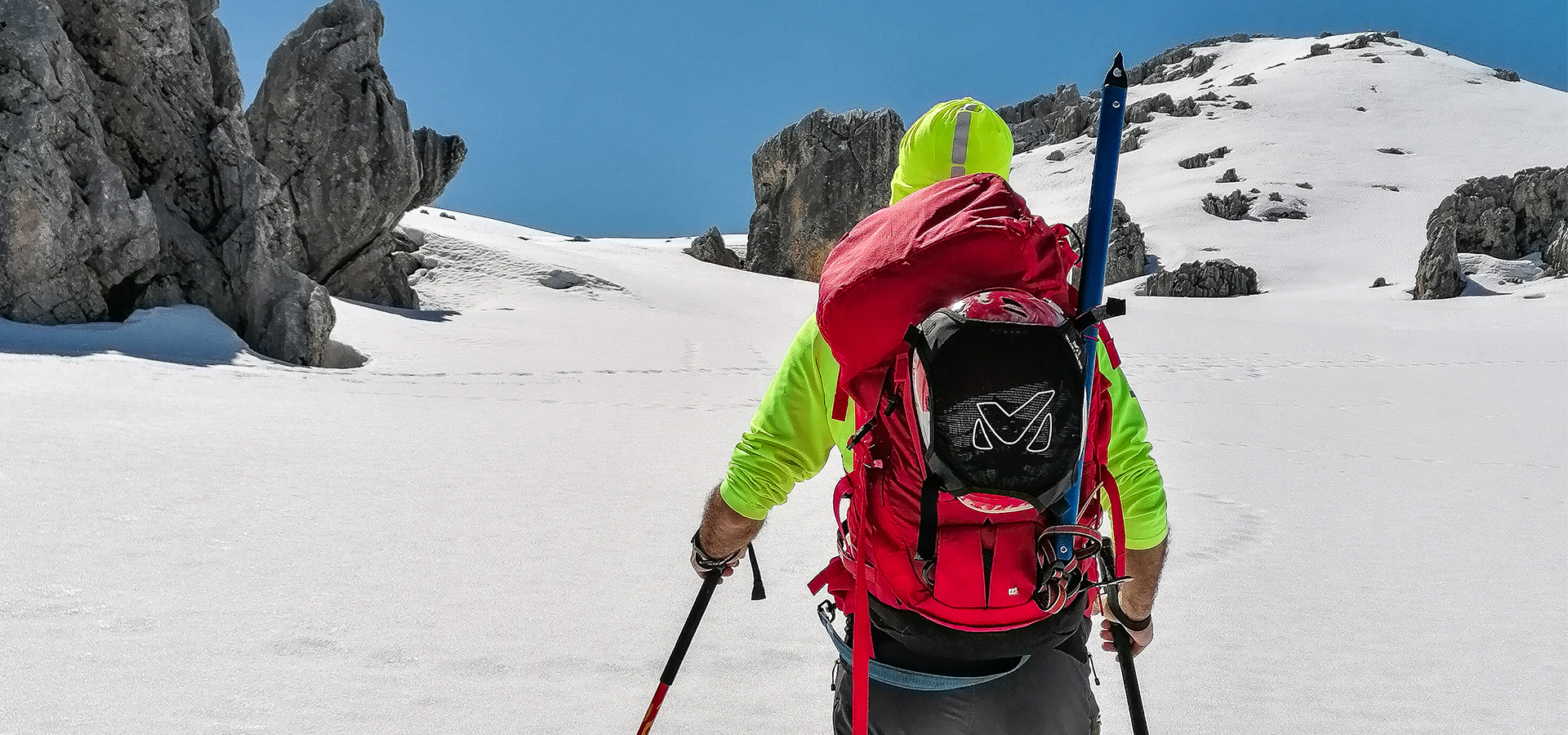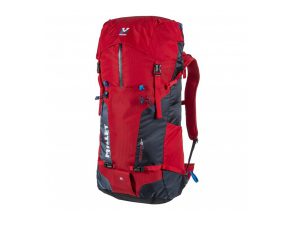
How much should your Backpack weigh?
- March 22, 2020
- 0
A loaded backpacking pack should not weigh more than about 20 percent of your body weight.
A full day hiking pack should not weigh more than 10 percent of your body weight.
How to reduce pack weight?
- Know your base weight:
Base weight is how much your loaded pack weighs, minus consumables, you exclude these things because their amounts vary trip to trip and will decrease throughout your hike. This will help you know the minimum weight of your pack and how much your can add maximum. - Weigh your gear:
Use a scale to weigh all your current gear. This includes everything from your underwear to camp stove. Recording weights in a spreadsheet is helpful for adding up the weights to get your base weight. - Replace older gear with lighter gear:
Every year lighter gear hits the market. So, replacing your older, heavier gear with new, lighter pieces will quickly drop your pack weight. Focus first on the big four: your pack, sleeping bag, sleeping pad and tent. - Eliminate unnecessary items:
When you get back from a trip, take everything out of your pack and lay it on the floor. Then sort your things into three piles: Items you used a lot, items you used occasionally and items you never used. Take a close look at the things in the occasional and never piles and decide if you really need them next time. - Meal plan:
Take a few moments to plan out your menu ahead of time by writing down what you will eat for each meal. A reasonable goal is 2,500 to 3,500 calories per person per day depending on your size, weight and exertion level. - Share the Weight:
Spread the load out among your hiking partners. Just because you own the tent, stove and water filter doesn’t mean you must carry them all.












